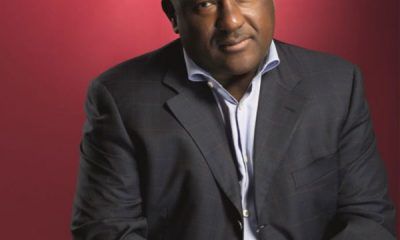General
How Dangote Disobeyed His Great Grand Father’s Dying Wish
Death Wish
Dantata implored his family to continue to marry within the family as much as possible and that they should take care of their relatives, especially the poor among them. Dantata was particularly concerned about the company he had established (Alhassan Dantata & Sons). He asked them not to allow the company to collapse.-
READ ALSO: 10 Wealthiest Nigerians At Different Era
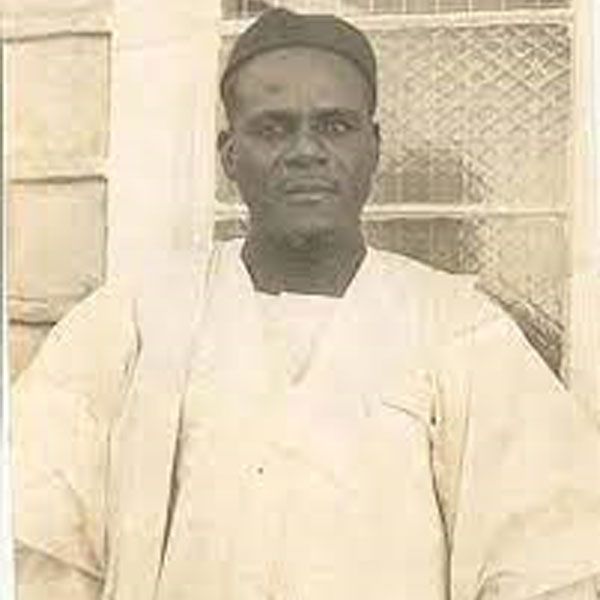
Alhassan Dantata, the patriarch of the Dantata family of Kano State and the great grand father of Aliko Dangote – Africa’s richest man.
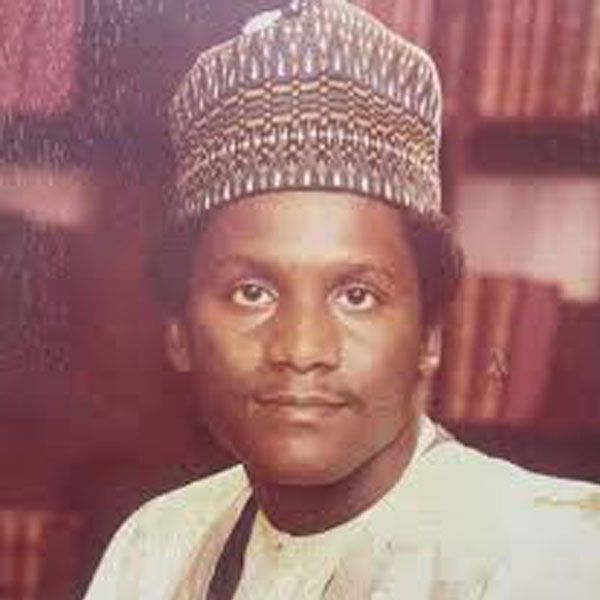 Fast forward to the 21st century, and we find Aliko Dangote – the great grand son Alhassan Dantata.
Dangote is at the helm of the Dangote Group, Africa’s biggest business conglomerate. The success of the conglomerate amassed him a great fortune and made him the richest African.
However, his journey to stupendous wealth has not been without friction. Notable is his rivalry with Abdul Samad Rabiu – another wealthy businessman of Kano extraction, and the current second wealthiest Nigerian.
The conflict between Dangote and Rabiu is at variance to the dying wish of Alhassan Dantata, Dangote’s great grand father,
Fast forward to the 21st century, and we find Aliko Dangote – the great grand son Alhassan Dantata.
Dangote is at the helm of the Dangote Group, Africa’s biggest business conglomerate. The success of the conglomerate amassed him a great fortune and made him the richest African.
However, his journey to stupendous wealth has not been without friction. Notable is his rivalry with Abdul Samad Rabiu – another wealthy businessman of Kano extraction, and the current second wealthiest Nigerian.
The conflict between Dangote and Rabiu is at variance to the dying wish of Alhassan Dantata, Dangote’s great grand father,
The Feud: Dangote vs. Rabiu
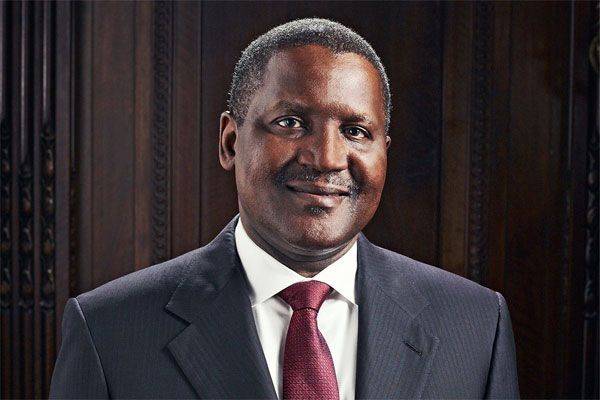 Aliko Dangote found himself embroiled in a fierce dispute with another prominent Kano businessman, Abdul Samad Rabiu, the chairman of BUA Group.
Their fierce contest began over various business interests, particularly in the cement industry—a sector that has become a cornerstone of Nigeria’s economy.
The tension between Dangote and Rabiu escalated as both companies vied for market dominance. Accusations of unfair business practices, aggressive competition, and a series of legal battles fueled the flames of this feud.
What began as a competitive landscape soon transformed into a bitter vendetta, with both parties seemingly ignoring the principles instilled by Dantata.
This conflict starkly contrasts with Dangote’s great grand father’s (Alhassan Dantata) dying wish, that his offspring should not engage in conflict with other Kano merchants. This raises questions about legacy, loyalty, and the complexities of business rivalries.
Aliko Dangote found himself embroiled in a fierce dispute with another prominent Kano businessman, Abdul Samad Rabiu, the chairman of BUA Group.
Their fierce contest began over various business interests, particularly in the cement industry—a sector that has become a cornerstone of Nigeria’s economy.
The tension between Dangote and Rabiu escalated as both companies vied for market dominance. Accusations of unfair business practices, aggressive competition, and a series of legal battles fueled the flames of this feud.
What began as a competitive landscape soon transformed into a bitter vendetta, with both parties seemingly ignoring the principles instilled by Dantata.
This conflict starkly contrasts with Dangote’s great grand father’s (Alhassan Dantata) dying wish, that his offspring should not engage in conflict with other Kano merchants. This raises questions about legacy, loyalty, and the complexities of business rivalries.
Mediation Efforts
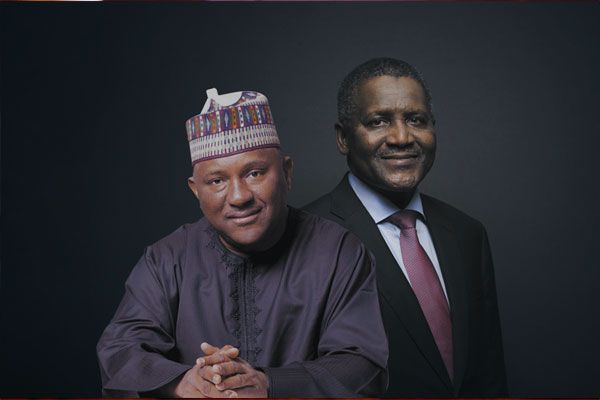 Recognizing the detrimental impact of their rivalry, various stakeholders sought to mediate the conflict.
Prominent figures within the business community, including influential politicians and elder statesmen from Kano, attempted to broker peace. Their efforts highlighted the necessity of collaboration for the greater good of the Kano community and the Nigerian economy at large.
Despite these attempts, the feud persisted, drawing public attention and impacting the companies’ reputations.
This standoff not only challenged the entrepreneurial spirit that both men embody but also raised the stakes for their families, communities, and the legacy of Alhassan Dantata.
Recognizing the detrimental impact of their rivalry, various stakeholders sought to mediate the conflict.
Prominent figures within the business community, including influential politicians and elder statesmen from Kano, attempted to broker peace. Their efforts highlighted the necessity of collaboration for the greater good of the Kano community and the Nigerian economy at large.
Despite these attempts, the feud persisted, drawing public attention and impacting the companies’ reputations.
This standoff not only challenged the entrepreneurial spirit that both men embody but also raised the stakes for their families, communities, and the legacy of Alhassan Dantata.
Reflections on Legacy
The clash between Aliko Dangote and Abdul Samad Rabiu serves as a poignant reminder of the complexities of modern business relationships and the ongoing struggle to uphold family values in the face of competition. Alhassan Dantata’s dying wish—rooted in unity, collaboration, and community care—stands in stark contrast to the realities of contemporary business rivalries between Dangote and Rabiu.Discover more from Jojo Naija
Subscribe to get the latest posts sent to your email.
Continue Reading

